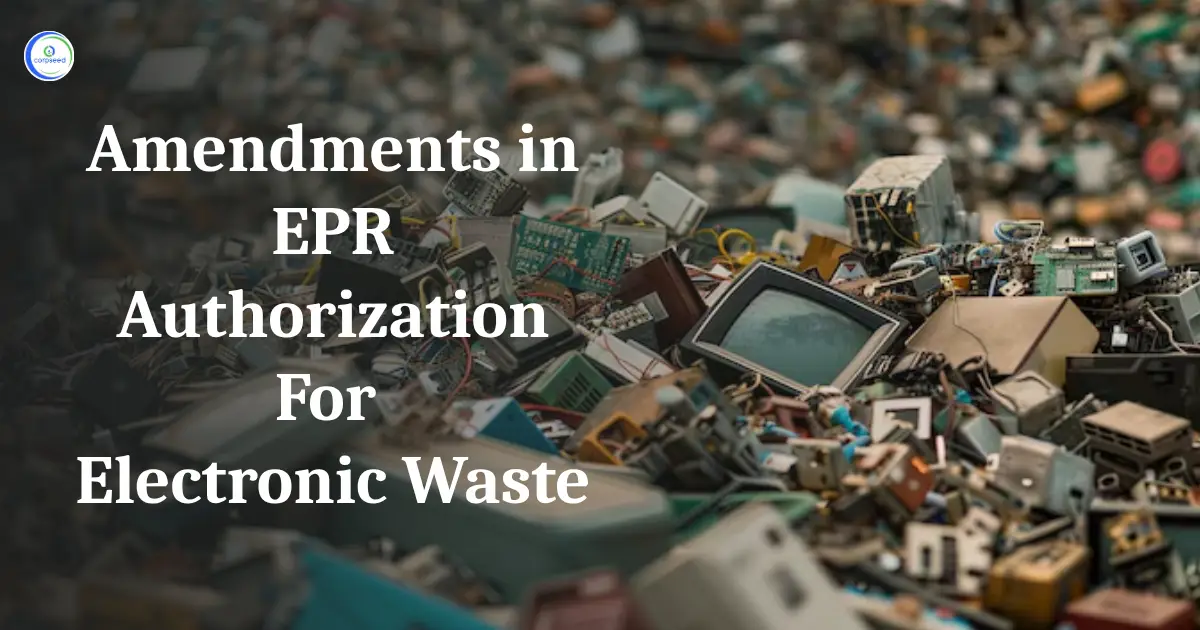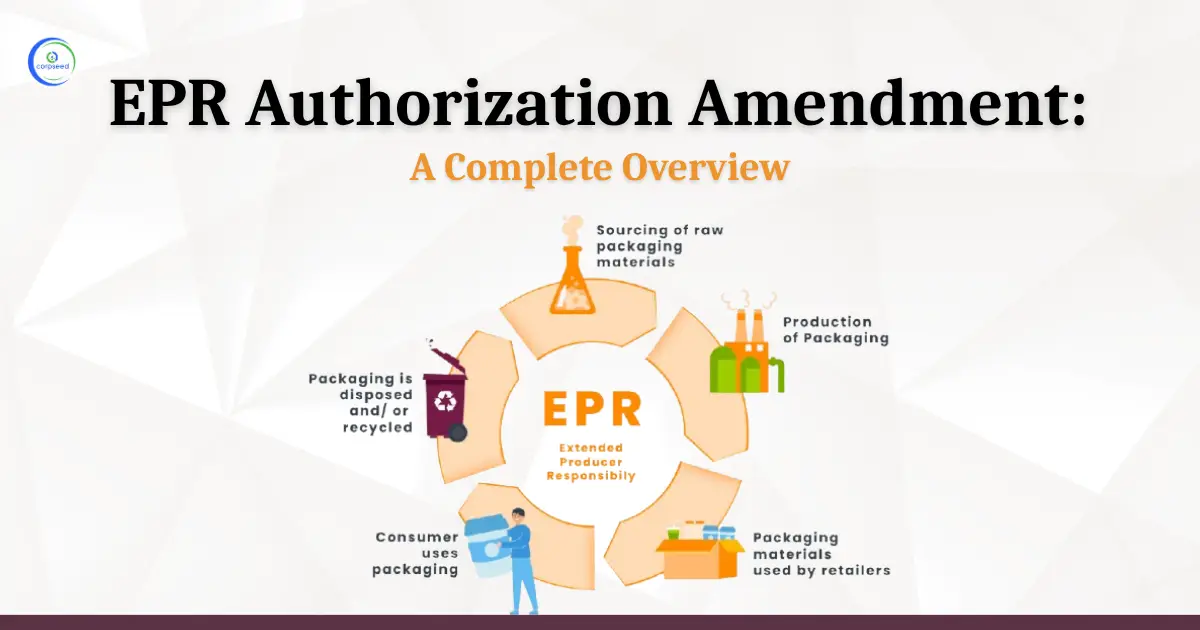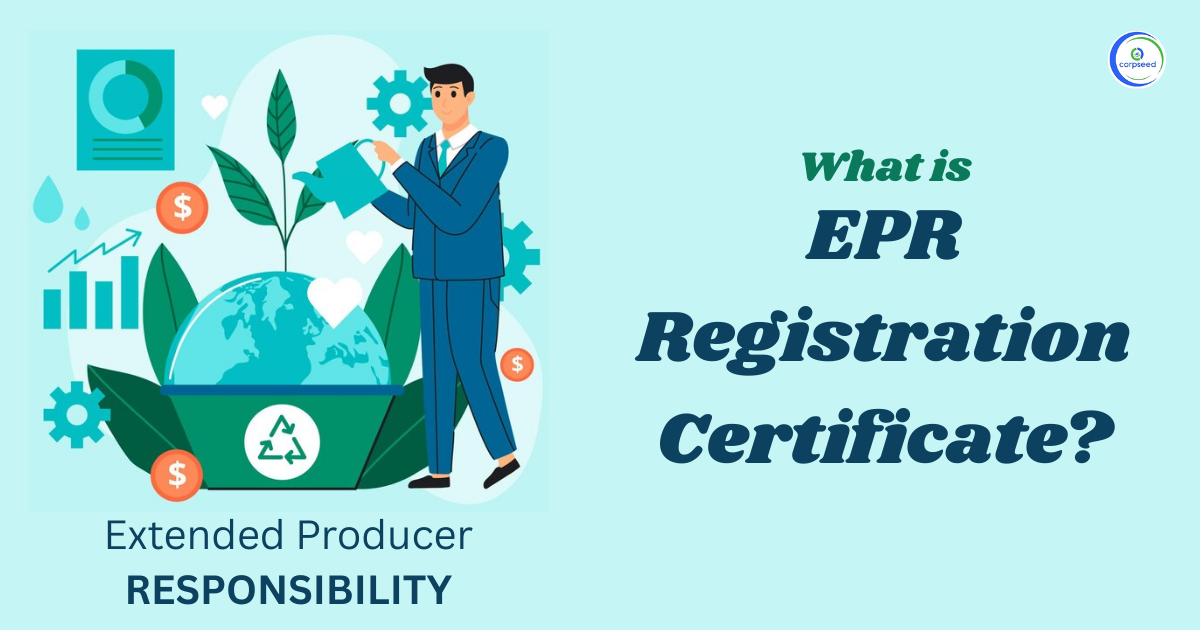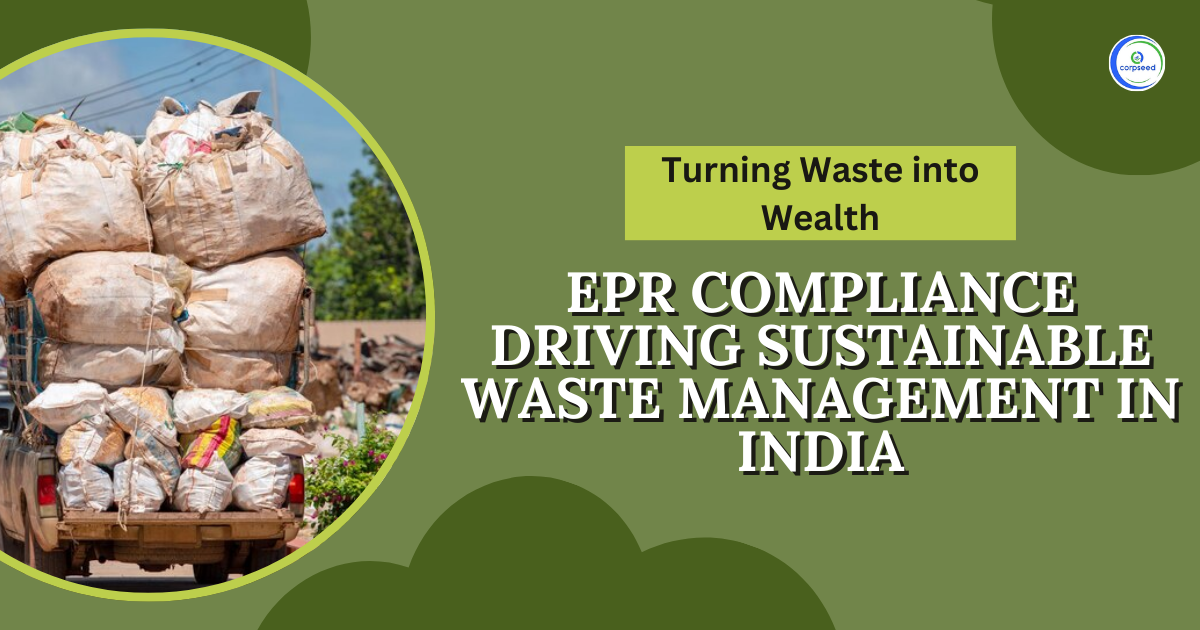Introduction: PWM Rules
In accordance with the provisions of the plastic waste management rules, 2016, producers, importers and brand owners which are also called as PIBOs, are entrusted with the responsibility of ensuring that they inculcate the rules as set out under the extended producer responsibility.
Table of Contents
- Introduction: PWM Rules
- EPR Plan of Action
- Application to be submitted to the CPCB for Registration
- Plastic Waste Management: Own Distribution Channel
- Plastic Waste Management and the role of Waste Management Agency
- Registration from CPCB: List of documents to be submitted
- The Whole Process Related to Application
- Highlighting the Responsibility of the Concerned State Government
- Conclusion
--------------Blog Contact Form-------------
PIBOs are very much required to give effect to a system that manages plastic waste which is generated as a result of their products. The system is established through collaboration with the local bodies. Plastic waste management system is set up by the local bodies with forged assistance from the producers.
Further registration must be fetched from the CPCB by all PIBOs whose mode of operation is expanded in more than two states and in the case of the other PIBOs, they must obtain the registration from the respective SPCB. In order to obtain the registration, it is necessary to submit the EPR action plan pertaining to the plastic waste management system.
EPR Plan of Action
EPR action plans with respect to the plastic waste management system must be submitted by those PIBOs whose mode of operation is expanded to more than two states so that registration can be obtained from CPCB. A necessary impediment that is required to be followed by the PIBO is that the EPR must be fulfilled in every state where the products of PIBO are introduced.
In respect of a particular state, the EPR target must stand on equal grounds with that of the quantum of plastic that is injected by the PIBOs in the market which is generally called post-consumer waste.
PIBOs are presented with three choices to implement the EPR plan in the respective states where their products are being introduced, which are as follows:
- In the very first place, it is about the management of plastic waste through its own distribution channel.
- In the second place, direct interaction and engagement can be forged with that of the local bodies in order to manage plastic waste effectively.
- The last alternative presents the choice of engaging with the waste management agency. Further, the waste management agency can work smoothly by fostering collaboration with ULBs.
PIBOs must be left at its free will in deciding the type of alternative it wishes to adopt. Apart from this, it has to be noted that the quantum of plastic waste which is duly managed by the above-mentioned alternatives confined to a particular state must meet the EPR target.
Application to be submitted to the CPCB for Registration
The first thing to be highlighted is with regard to the submission of the application. Keeping this in view, the CPCB is the authority entrusted with the responsibility of seeing the registration process. PIBO is required to apply to the CPCB through an online portal for obtaining registration. Form-I as given under the PWM rules, 2016 is the one that provides the application format. Along with the application form, the PIBO is required to submit the prescribed fee as well.
It must be given due attention that the EPR action plan should also be submitted in respect of each state or any union territory wherein the plastic is introduced in their markets by the PIBO.
Plastic Waste Management: Own Distribution Channel
Under this option, the methodology that has to be followed must stick to restricting to the channel that is preached both for introducing the plastic waste in the market as well as to collecting it back.
- Collection of plastic waste: At the time of registration, the information with respect to the mechanism that deals in collecting the plastic waste must be included. To exemplify, the details regarding the collection centres and the deposit refund scheme must fall under its ambit. Pertaining to this option, there is no such requirement to foster engagement with that of the municipalities or local bodies.
- Processing of the plastic waste: For the purpose of processing the plastic waste, there must be engagement between the PIBO and the plastic waste processing facilities. These facilities can include the recycling centers or the co-processing techniques.
In accordance with the provision of Rule 13(3) stipulated under the Plastic waste management rules, 2016, the plastic waste processing facilities must get duly registered with the respective SPCB. In addition, it must be noted that the processing capacity would be the deciding factor when it comes to the number of PIBO to be engaging with that of the PWPF.
Certain details must be submitted in respect of every PWPF, which are given below:
- In the very first place, it is utterly necessary that the name of the PWPF must be provided.
- On the second basis, do not forget to mention the respective state’s or union territory name.
- Also, it is very crucial to provide the details with respect to the type of PWPF. For example, it can run from the recycling process to the road making process.
- Besides the above mentioned requirements, there is yet another need to mention about the processing capacity of the PWPF.
- In the next line, highlight the date of validity of the PWPFs registration.
- An indication must be made with regard to the plastic waste’s quantity which would be subjected to being processed in the plastic waste processing facility.
- Last but not the least, a subtle mention must be made highlighting the type of plastic waste which is to be processed.
An agreement has to be signed by the brand owner with that of the plastic waste processing facility, which would carry out the sustainable disposal of plastic waste.
Plastic Waste Management and the role of ULB
- Collection of plastic waste: PIBO is at its free will to connect with the ULB or any other state authority for carrying out the effective plastic waste management process. Various processes can be given effect with the help of engagement between the PIBO and the ULB, for example processes like segregation, recovery of important materials, collection of the plastic waste can easily be done.
- It should be highlighted that at the time of registration with the CPCB, the valid document as granted by the ULB must be presented which should showcase the PIBOs engagement with it.
Plastic Waste Management and the role of Waste Management Agency
PIBOs can also foster engagement with that of the waste management agencies for carrying out the various processes like segregation and channelization of the waste. Other processes related to the material recovery facility can also be carried out by such a collaboration.
Waste management agencies can also be enrolled with the respective ULBs so that the provisions of the plastic waste management which is required for the producer’s or brand owners registration. Given below are the details that must be provided in respect of every waste management agency:
- In the very first place, there should be utter mention about the name of the waste management agency.
- In the second place, there has to be subtle mention about the type of waste plastic that is sought to be managed by the waste management agency.
- Last but not the least, there has to be a mention about the agreement’s validity with that of the waste management agency.
Also, the producers are required to have a backing of an agreement with that of the waste management agency for managing the plastic waste. The agreement must bequeath about the waste management agency’s scope of work and it should be clearly mentioned.
- Collection of plastic waste: A waste management agency can forge an engagement with that of the ULB for the purpose of carrying out numerous processes like the collection, segregation, and channelization of plastic waste.
Also, make sure that the valid documents must be submitted at the time of the registration. These documents must be the ones that are issued by the respective ULB that should invariably spurt some support to that of the waste management agency’s enrollment. This document must clearly define the scope of work of the waste management agency.
Registration from CPCB: List of documents to be submitted
The following documents must be attached in order to fetch the registration from the CPCB:
- In the very first place, any proof that makes it evident that the selling is taking place in more than 2 states, must be submitted in the form of a tax invoice or GST.
- In the second place, a copy of the DIC certificate has to be submitted only in the case where the unit entails a facility with regards to production.
- In case the unit entails a facility with respect to the production then valid consents must be submitted as given under the Air and Water Act.
- On the next hand, documents must be submitted pertaining to the action plan that seeks to fulfill the targets with respect to the EPR framework.
- There must also be the inclusion of a document that speaks about the PIBO's engagement and must be issued by the ULB.
- In the next step, the document with respect to the registration which is granted by the SPCBs must be duly provided. This document must make a clear mention of the engagement of the PWPf with that of plastic waste processing.
- Copy of the agreement that seeks to foster the relationship of the PIBO with that of the waste management agency.
The Whole Process Related to Application
CPCB is the ultimate authority that would look after the examination of the application. In the event, any shortcomings surface, the applicant would be duly informed about it within a period of seven days from the date of its receipt. All the concerned officials that form part of the CPCB entail the responsibility of responding to the applicant, once the documents have been received. The response by the concerned officials must be made within a period of two days which has to be working ones.
In the event, the applicant receives no response from the CPCB within thirty, then automatically it will lead to the application being withdrawn.
In case, no response is sent to the applicant by the CPCB, within a period of one month, then in that case it would become appropriate to say that the registration certificate stands generated. The underlying reason behind the occurrence of the delay would be duly examined within the CPCB and also an explanation would be likely to be presented by the concerned official who held the sole responsibility for the delay.
Highlighting the Responsibility of the Concerned State Government
State-level nodal agencies would be nominated by the concerned state with due preference being given to the state-level department that deals in the affairs of the urban local bodies. More than one department can be identified as the state-level nodal agency as the state deems fit.
Besides this, for the sole reason of carrying out coordination, one of the state departments would be notified as to the state nodal agency.
Conclusion
It can be concluded in the nutshell that the CPCB is the authority that must be approached when the concern is with respect to the registration to be obtained by the PIBOs.
This portion of the site is for informational purposes only. The content is not legal advice. The statements and opinions are the expression of author, not corpseed, and have not been evaluated by corpseed for accuracy, completeness, or changes in the law.
BOOK A FREE CONSULTATION
Get help from an experienced legal adviser. Schedule your consultation at a time that works for you and it's absolutely FREE.





.webp)



